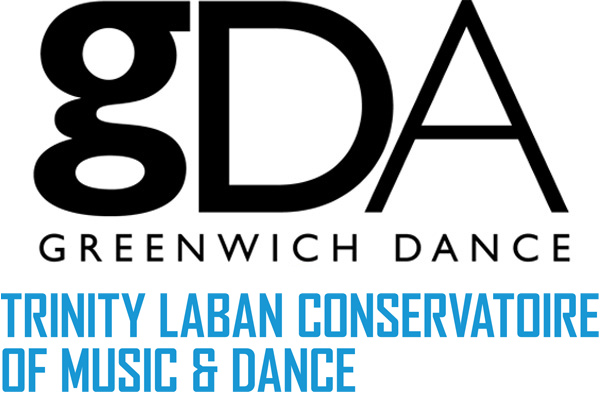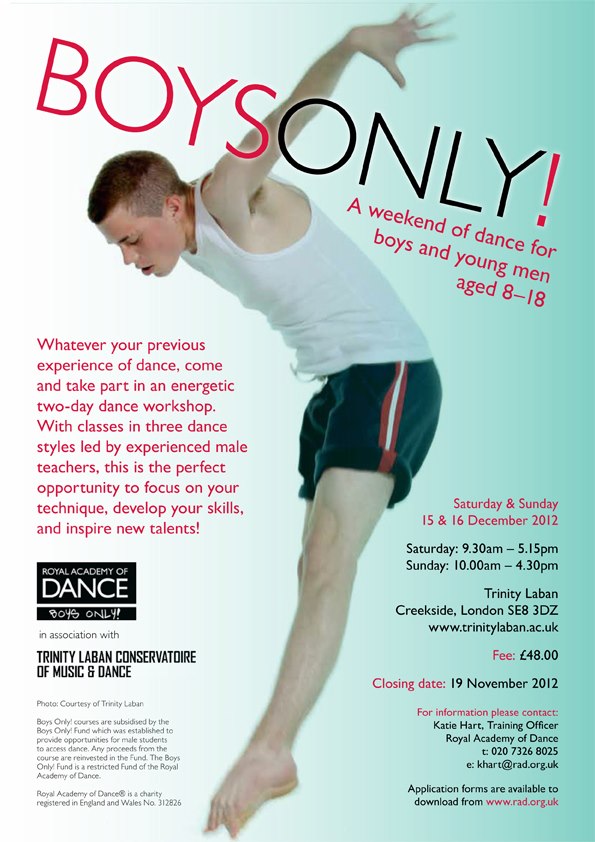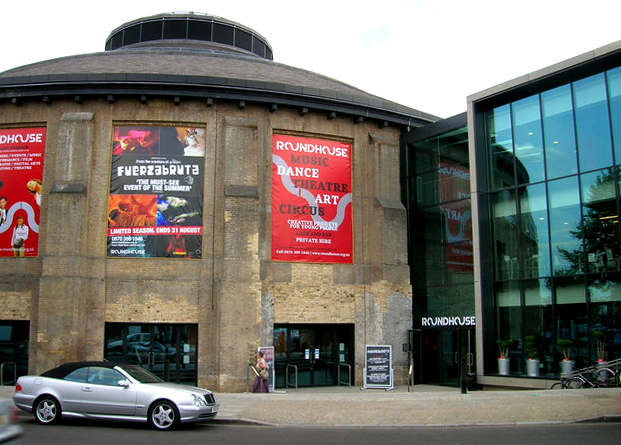 A new research project that aims to analyse the mental processes used by dancers while they are performing has been launched in order to develop a better understanding of creative techniques. The three-year project, funded by the Leverhulme Trust, is being led by Plymouth University and will work in collaboration with Trinity Laban Conservatoire of Music and Dance in London and Coventry University.
A new research project that aims to analyse the mental processes used by dancers while they are performing has been launched in order to develop a better understanding of creative techniques. The three-year project, funded by the Leverhulme Trust, is being led by Plymouth University and will work in collaboration with Trinity Laban Conservatoire of Music and Dance in London and Coventry University.
The project will assess contemporary dance students throughout their training, examining how creative decisions are made and attempting to speed up the process by which dancers can recognise if an idea is “new and useful” for them. Often dancers think they are moving intuitively or spontaneously, without being aware of the hard, mental work that goes into being creative. Ultimately here is a lot of memory involved in movement of this kind, using existing inspirations rather than innovating. It is difficult to see if such a subjective process can be uniformed in such a way at this early stage.
The first stage of the project, which began in November, will observe dancers over a period of a year and a half to understand the mental process that goes into movement. A second stage of the research project will take another set of trainee dancers, over the same amount of time, and provide them with workshops to see if that particular training will affect their experience of “making movement”.
Part of the analysis comes from asking dancers to write down what is at the forefront of their minds at various points during a movement session. This is in order to develop a more strategic use of mental imagery for teachers and dancers: if they are more conscious of how they use imagery in their teaching or how they learn, this could dramatically affect dance teaching across the country.



